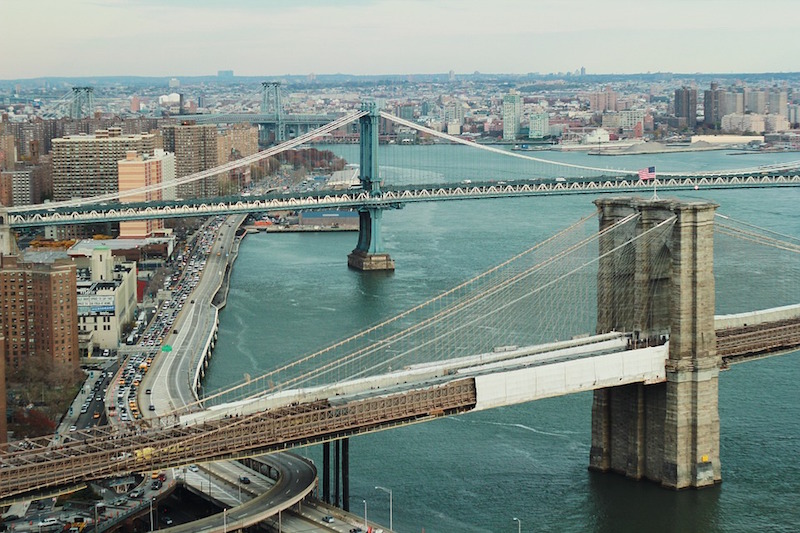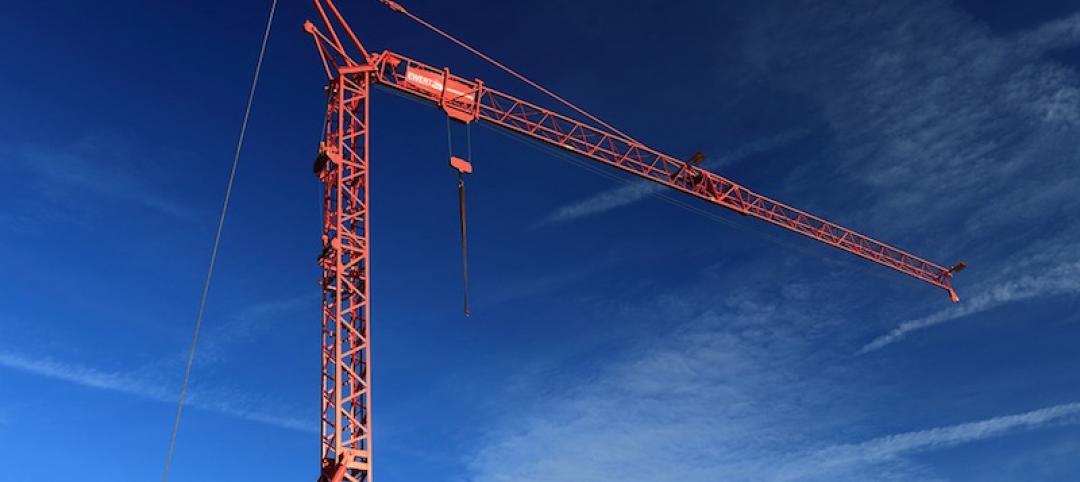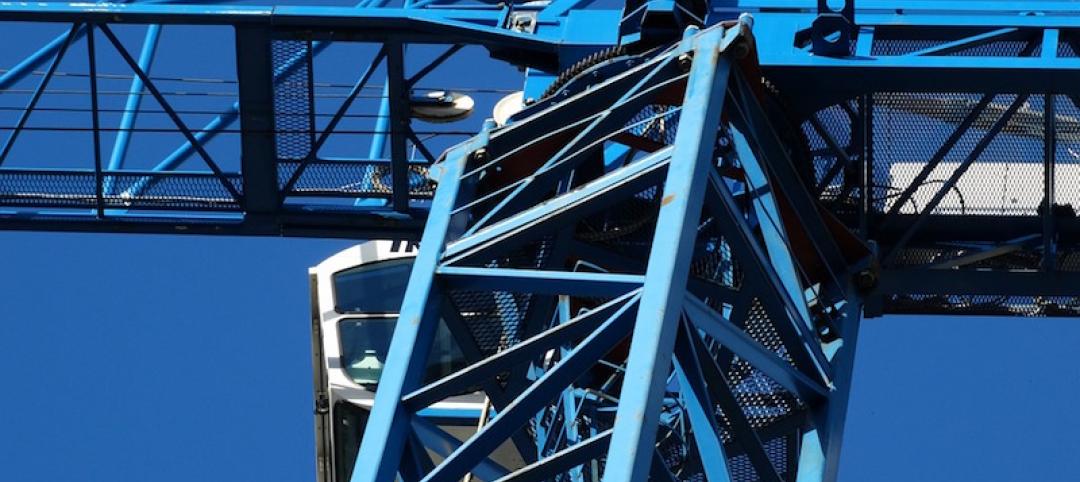The developer of a New Jersey condominium development and its architecture firm face a $10 million construction defect verdict in a case involving non-compliance with fire codes.
The Grandview I building on the Hudson River, developed by Hovnanian Enterprises’ subsidiary, K. Hovnanian and designed by RTKL New Jersey Architects, was alleged to have been built in a condition that was not compliant with fire codes. The plaintiff—the condominium association--alleges that the developer knew about the non-compliance and failed to disclose this fact with buyers.
According to the plaintiff’s attorneys, the architect designed the building with plywood subflooring and later warned the developer that to comply with code the structure would have to be reclassified from Type 2 to Type 3. The reclassification would have allowed plywood if the building’s exterior steel-with-brick-veneer walls were rebuilt with code-required masonry walls.
The building codes provide for five types of buildings, ranging from the most fire-resistant Type 1 — often a skyscraper — to Type 5, typically a wood-framed house. Defense attorneys argued that the plywood flooring was not a life-safety issue, since fire alarms and exits would allow all residents to safely vacate the building. The condo association's attorneys agreed that there was no threat to residents' lives, but that property could suffer more damage as a result of the code violation.
Related Stories
Codes and Standards | Sep 26, 2017
Anti-drone technology can ward off unauthorized drone flights
The technology can be used to prevent terrorist attacks and spying.
Codes and Standards | Sep 25, 2017
How-to guide to renovating shopping centers available
E.U. research project focuses on energy efficiency and occupant comfort.
Codes and Standards | Sep 21, 2017
After construction crane collapses during Irma, regulations questioned
Cranes rated for 140 mph winds didn’t hold up to 100 mph gusts.
Codes and Standards | Sep 20, 2017
Energy efficiency measures pay off in some not-so-obvious ways
Access to better financing, tax incentives, rent premiums, among the benefits to greener buildings.
Codes and Standards | Sep 19, 2017
Benchmarking regulations prompt jump in green certified properties
2016 saw a slight rise in total certified U.S. green office space.
Codes and Standards | Sep 18, 2017
Changes likely to come to federal wetlands regulations
However, states may step up regulations as feds relax them.
Codes and Standards | Sep 14, 2017
Gentrification means a new mindset for city planners
Rising rents elicit reexamination of zoning principles.
Codes and Standards | Sep 13, 2017
OSHA issues extension for compliance with crane operator certification requirements
Comments on proposed rule sought through Sept. 29.
Codes and Standards | Sep 12, 2017
Washington, D.C. is first LEED Platinum city in the world
All city government buildings are powered by renewables.
Codes and Standards | Sep 11, 2017
Natural solutions would be most effective flood resilience policies for Houston
New green infrastructure should be part of rebuild.
















